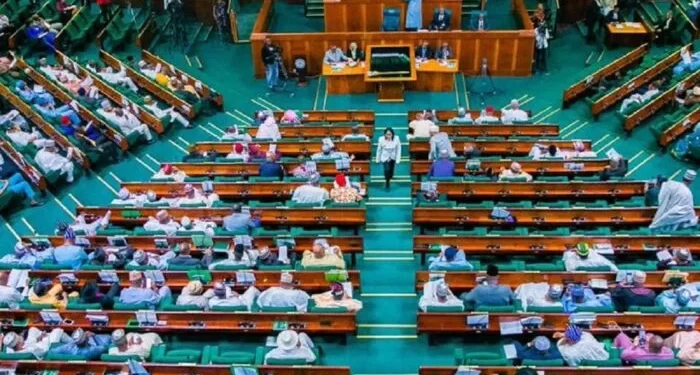A bill proposing the establishment of the Nigerian Marine Corps has faced strong opposition from lawmakers, security agencies, and civil society organizations.
During a public hearing held by the House Committee on Navy on Monday, Deputy Spokesman of the House of Representatives, Philip Agbese, the Nigerian Navy, the Nigerian Maritime Administration and Safety Agency (NIMASA), and the Nigeria Police Force, among others, rejected the proposal, citing concerns over redundancy and inefficiency.
The bill, titled “A Bill for an Act to Establish the Nigerian Marine Corps to Promote Maritime Security,” was introduced by Cross River lawmaker Alex Egbona to enhance maritime security and support Nigeria’s blue economy.
Agbese, speaking on behalf of 66 lawmakers, argued that the Marine Corps would duplicate functions already managed by the Nigerian Navy and other maritime agencies, creating inefficiencies and unnecessary financial burdens.
“The creation of a new federal agency for maritime law enforcement would lead to significant overlap, redundancy, and logistical strain. The Nigerian Navy and existing agencies are already tasked with these responsibilities,” Agbese stated.
Police and Navy Concerns
The Nigeria Police Force described the bill as ill-advised. Superintendent of Police Nandom Vongjen emphasized that bolstering existing agencies would be a more effective approach.
“A new marine agency would create more problems than it solves. Strengthening inter-agency cooperation and optimizing current structures would enhance maritime security without incurring additional costs,” he said.
Rear Admiral Olusegun Ferreira, Chief of Training and Operations for the Nigerian Navy, also spoke against the bill, highlighting the potential jurisdictional conflicts and operational challenges it could introduce.
Civil Society Opposition
Representatives of civil society organizations, including Abdullahi Bilal of the Security Analysts and Research Forum in Africa and Igwe Ude-Umanta of the Coalition of Civil Society Organisations on Economic Watch, criticized the bill as unnecessary. They called for improving the capacity of existing agencies rather than creating new ones.
Committee Assurances
Chairman of the House Committee on Navy, Hon. Yusuf Gadgi, assured stakeholders that the committee would critically examine the proposal before making any recommendations. “We remain impartial in this process and are committed to due diligence,” he said.
The strong opposition to the Marine Corps bill highlights concerns over the potential waste of resources and the risk of undermining existing maritime security frameworks.
























